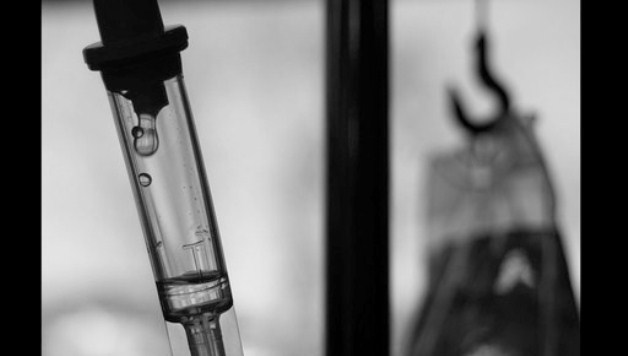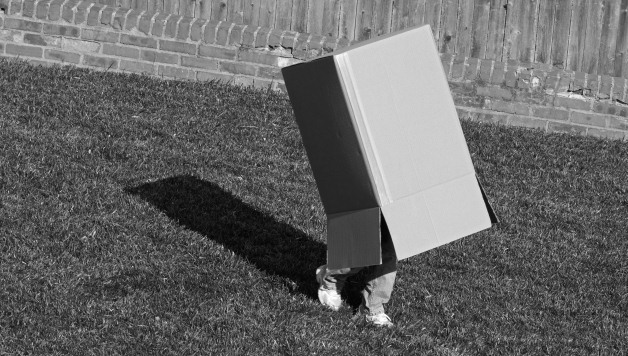The European Court of Justice (ECJ) has rejected an appeal made by the Schindler Group against the findings of the General Court in regard to fines imposed by the European Commission (EC) for cartel conduct in the elevator and escalator industry.
In February 2007, the EC fined Schindler €143 million (approximately AUD 240.2 million at 2007 prevailing rates) for bid rigging and colluding with its competitors in Belgium, Germany, Luxembourg and the Netherlands, in relation to the sale, installation and maintenance of elevators and escalators. In addition to Schindler’s fine, a further €849 million (approximately AUD 1.42 billion at 2007 prevailing rates) was levied against the other companies involved in this cartel.
Schindler appealed to the General Court to invalidate or reduce the fine but, in 2011, the arguments raised by Schindler were rejected and the General Court declined to reduce the fine.
Schindler then appealed the matter on a number of grounds to the ECJ. Most relevantly, the company argued that:
- the EC’s ability to investigate and impose fines, and the failure of the General Court to review the entirety of the EC’s decision, infringed Schindler’s right to a fair trial under the European Convention on Human Rights;
- it should not be held liable for the acts of its subsidiaries, as the company had done its utmost to prevent breaches of competition laws; and
- its fine should be reduced due to the compliance programme the company currently operated.
The ECJ rejected all of these grounds. In particular, the ECJ noted that Schindler did not have its right to a fair trial infringed upon as the General Court is not required to review the entire case. Furthermore, previous ECJ case law has established that a competition authority can impose fines provided that any party that is fined has the ability to appeal such a decision. As this right was available to Schindler, this appeal ground failed.
This decision does not, however, mark the end of the long running dispute between the EC and Schindler. It has emerged that the EC is now suing the companies involved in the cartel for more than €7 million (approximately AUD 10.3 million) in damages relating to elevator purchases made by the EC for buildings in the EU. It is alleged that the cartel increased building costs.
Consequently, European clients should be aware that there are limited avenues for appeal against fines imposed by the EC for breach of competition laws. In contrast to an administrative process for the imposition of fines in Europe, the position in Australia is judicial in nature. While the Australian Competition and Consumer Commission (ACCC) may take enforcement action against companies they suspect to be in breach of competition laws, the Federal Court is required to judicially determine if a breach has occurred and to impose any appropriate fines.
Photo credit: bogenfreund / Foter / CC BY-SA








